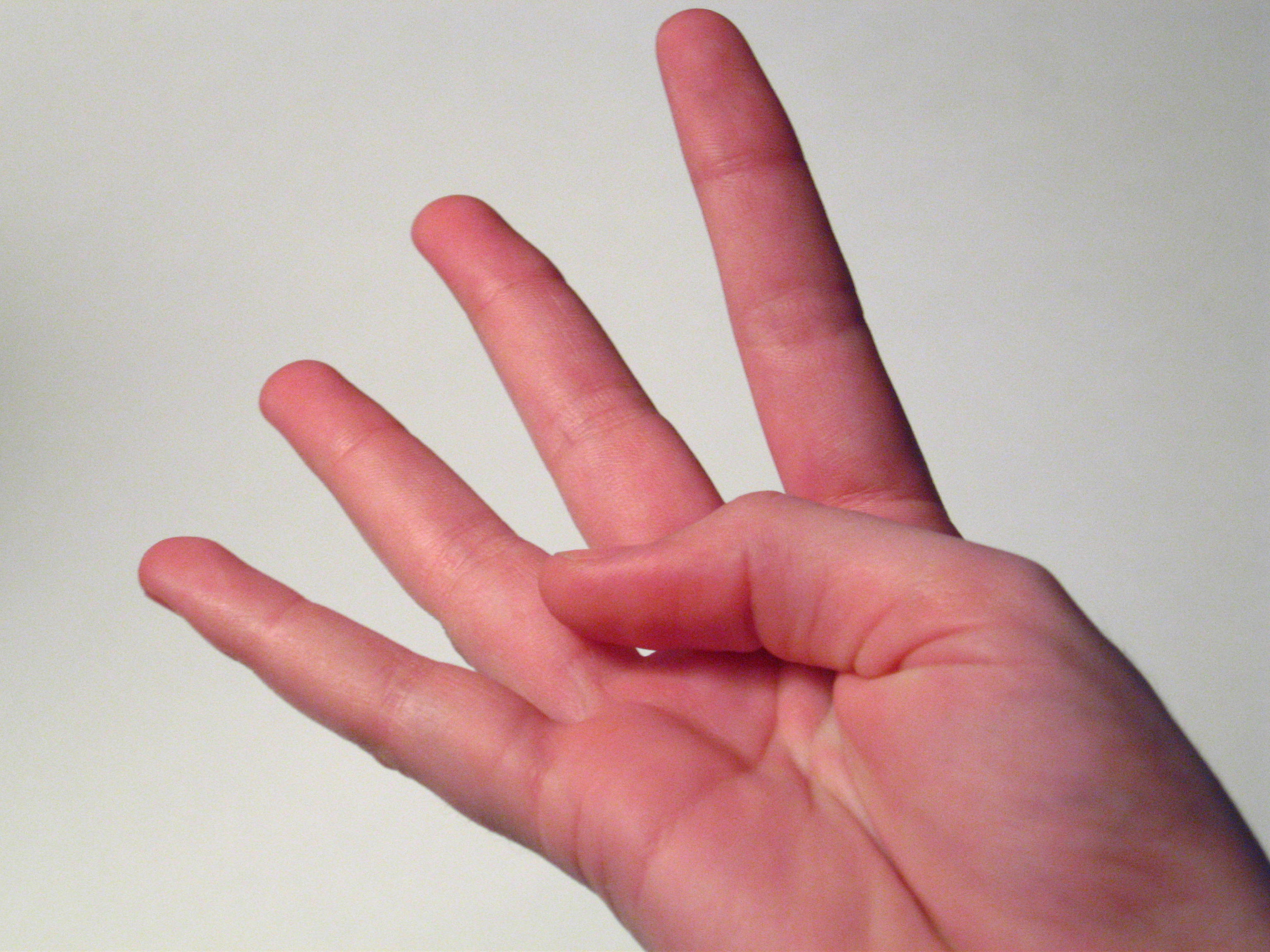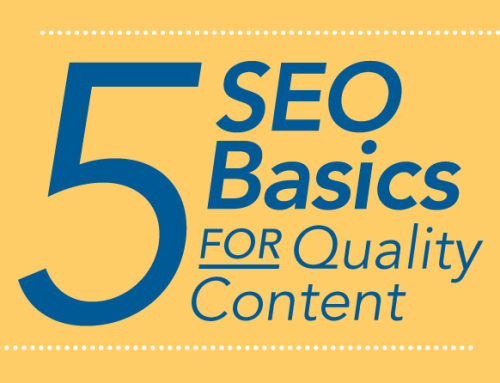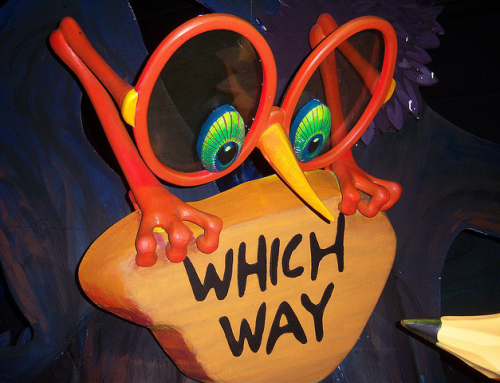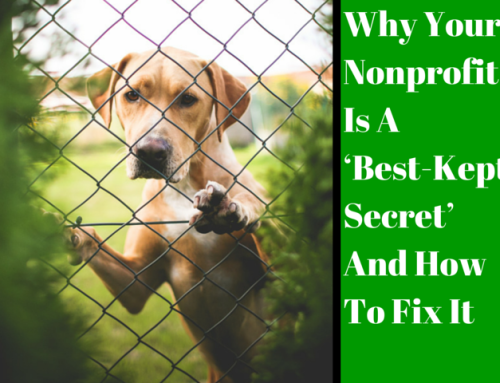Measurable, flexible, cost-effective – Google AdWords paid search advertising sounds great, right?!?! Not that I’m getting older or anything, but it’s going on two decades (since my early days in NYC at Digitas) when I first heard paid search engine marketing presented as a silver bullet. Wiser now, I know there is no such thing — but that doesn’t mean a paid campaign can’t significantly boost your marketing success.
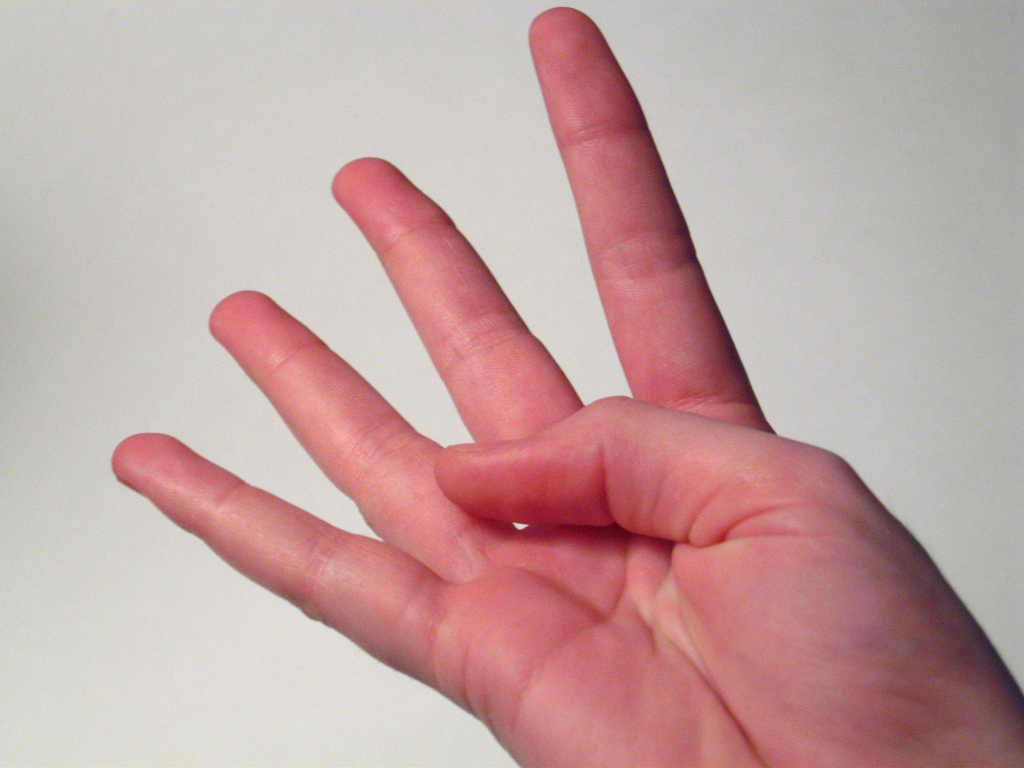 First things first
First things first
If one of your goals is to create an effective online presence, I will stress the importance of beginning by creating valuable content on your website. This will help to boost your visibility for search engines and gain valuable traffic to your site. But organic, or natural search is only one piece of the puzzle. Paid search allows you to target specific audiences and geographic location while testing messages and creative. You also have control over budget and can optimize and adjust daily to maximize cost-effectiveness. Google offers extensive help on creating an effective AdWords campaign, but here are my top tips when you’re getting started.
Four top tips for your Google AdWords paid search advertising campaign
1. Relevant keyword and matching landing page content
I suggest you create a different AdGroup for each campaign goal. Creating more AdGroups, with similar keywords and corresponding ads will help boost your quality score (quality score is determined by your keyword’s click-through rate (CTR) and by the relevance of your ad text, keyword, and landing page.). Your quality score will determine which position your ad will appear. Generally, you want to be in one of the first 5 positions, on the first page, of search results. Also, a higher quality score means you pay less for a higher ad ranking. So if you’re in the lighting business, create an AdGroup for each product group: floor lamps, chandeliers, scones, etc. Each should have specific ads that correspond to the keywords in the group and a highly relevant matching landing page.
2. Optimize, optimize, optimize
Did I mention optimization is important? In the first few weeks of a new campaign, I think daily optimization is required. Logging onto AdWords once (or twice) a day makes a huge impact. This helps eliminate over spending, helps determine user behavior and can help weed out ineffective keywords. Keywords that don’t produce a solid CTR can bring down the overall CTR of the AdGroup. Pausing keywords and adding new ones will increase overall campaign performance.
3. Test different combinations of criteria
A great thing about Google AdWords is the number of criteria you can choose when deciding when and where to run your ad. Time of day and day of week might matter to your campaign, so test specific keywords during a given time and have them run uninterrupted. In analytics, you can see what was most successful to maximize your return on each click.
Combing the ad extension feature and setting a geographic area are also great ways to get a higher return on investment. If someone is using a smartphone to search for “computer store” because they lost their phone charger, you can set your ad to run (with a coupon offer!) with your address and phone number if they are within a certain distance of your store — and not have that ad appear if they are using their laptop from a location outside your service area.
4. Do NOT set it and forget it
So for small or large advertising campaigns, we often recommend paid search as part of your media mix. One word of caution though. AdWords campaigns need regular tending as Google often changes its guidelines and requirements, so you do need to keep up to date or you can quickly be paying a lot of money for a campaign that no longer meets your goals (or budget!).

